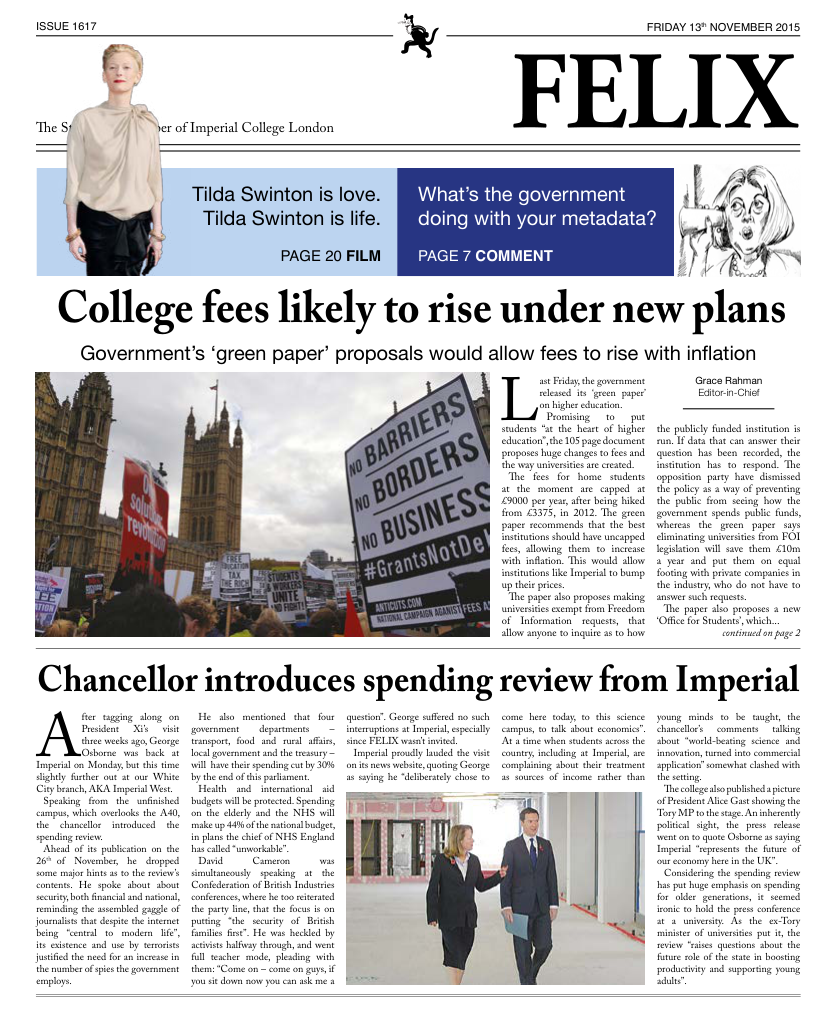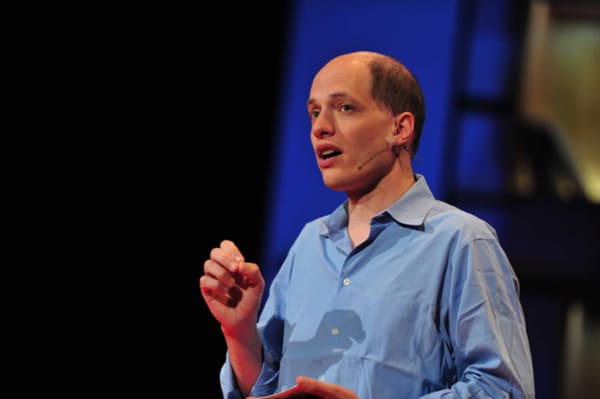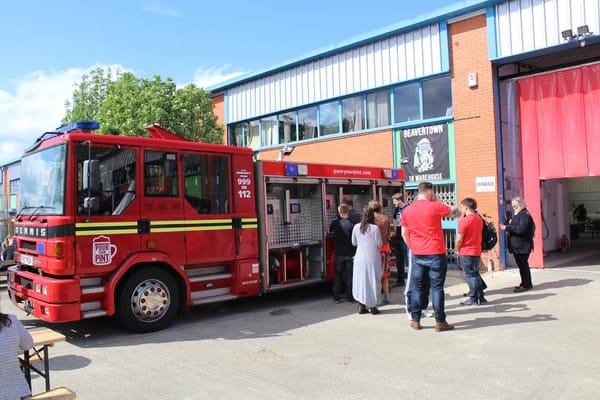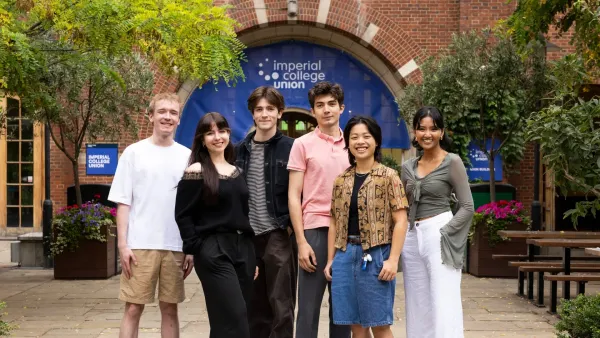Alumnus goes Galactic
Jonathon Firth used to go to Imperial, now he’s busy building Richard Branson’s commercial space travel business
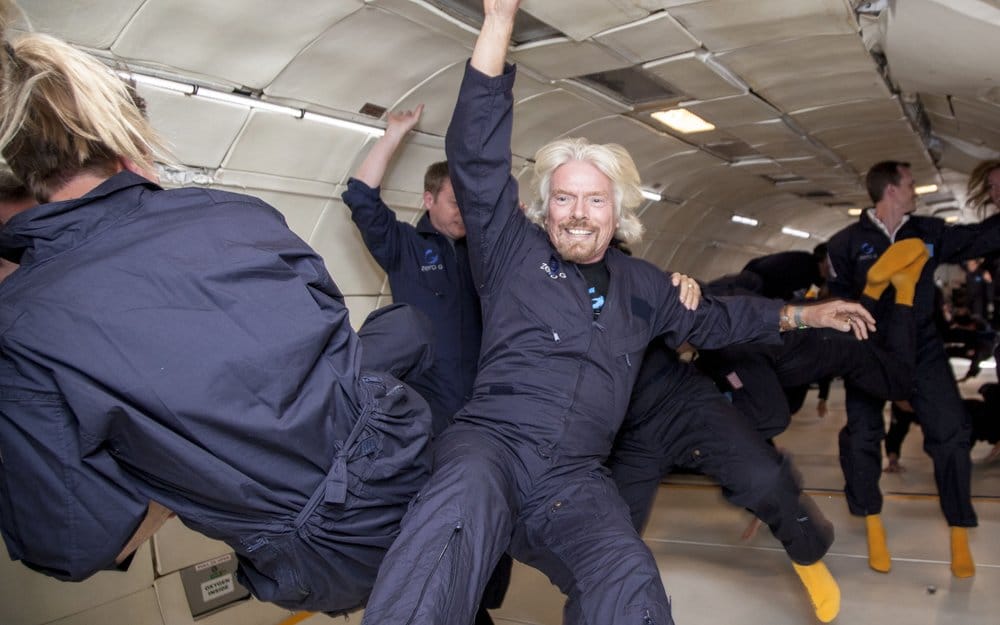
Vice President of Virgin Galactic and Imperial alumnus, Jonathon Firth, is involved in developing the first commercial spaceflight company. He attended the 2015 SpaceLab conference last month, where he cornered him for an interview.
Felix: Would you mind telling us a little about your background, and how you ended up at Imperial?
JF: I studied Mechanical Engineering at Imperial, and am actually a fourth generation mechanical engineer. I was born in Cumbria, and grew up in Manchester. Imperial seemed like the place to go when it came to applying to university, so I ended up here. My son is actually also a mechanical engineer, so it’s something of a family profession, even though I didn’t steer him towards it.
Felix: During your time at Imperial, is there anything in particular that you learnt that’s stuck with you?
JF: I think I learnt how to enjoy myself. I went to an all boys’ school before university, but coming here really opened me up. I did IC Radio, and was on the publications board whilst here. In my third year I also chaired the Union general meetings. Overall, it opened up my social side and some of the things that I did were very good experience; for example public speaking and working with limited finances.
Felix: Is there anything particularly crazy that you remember happening whilst here?
JF: The most memorable thing was definitely the Iranian Embassy Hostage Crisis. I was in Weeks Hall [a former Imperial hall of residence in Princes’ Gardens, now closed] at the time, revising for exams, and it was Easter of 1980. After the first hostages were taken there were security people everywhere – asking us who we were, where we were going, and so on.
It ended with the Embassy being stormed, and a huge fire. We watched from the warden’s flat at the top of the hall as the SAS took the building.
Felix: And after Imperial, how did you end up at Virgin Galactic?
JF: After graduation I ended up working in oil and gas. I’d always liked doing ‘projects’, and the oil industry had plenty of those for me to do. I started out as a pressure vessel engineer, but knew that I didn’t want a technical career. Rather, I was more interested in how people work together on projects, and so on. However by 1981 the business was starting to tail off a little, as the oil price began to fall.
So, I ended up working on mass-transit projects for London Underground, specifically on the modernisation of the Central and Northern Lines. This included some interesting ideas, for example a joint public/private partnership to fund the rolling stock. Virgin was looking at this model after the privatisation of British Rail, and approached me to work on the West Coast Mainline and Cross Country franchises, which they had just won.
The industry was in transformation, but it wasn’t an area I’d worked in before. After time with the railways division of Virgin, I ended up working for Virgin Atlantic, and then someone asked me if I wanted to move to Virgin Galactic – and that’s how I ended up there.
Felix: Did you have any particular interest in space before that?
JF: I didn’t have any particular professional interest in space, but there was definitely a casual interest. I knew lots of space scientists, people who remembered watching the Moon landings in the 1960s, and Helen Sharman getting selected as a UK astronaut in the 1980s was also quite exciting. Besides, at Virgin we never quite knew what was going to happen in the next week!
Felix: Richard Branson – what’s it like working with him?
JF: He’s always interested in what’s going on, but he does make sure to let the management team run things. It’s a bit like branded venture capital in a way? It is good though that he keeps in touch and comes to milestone events, and he’s always said that he’ll be on the first commercial flight.
Felix: So what would you say the fundamental reason for Virgin Galactic’s existence is?
JF: Well, it is in effect customer experience driven engineering. Our product needed to be something that satisfied the pilots who wanted to fly in space as well as in planes, the baby boomers who remembered the Apollo missions, and also the thrill seekers.
Initially, the company was structured to do just this. We’d refined the model over time, for example moving away from the idea of having a single-person spaceship. Now we also plan to branch out and launch small satellites off of the parent vehicle. We want to make sure we accommodate the customer’s needs, rather than making them conform to our specifications in the way that most other space launch companies do. Fundamentally, we want to be flexible and available – someone once used the phrase the ‘Uber of Space’ to describe us.
Felix: For someone looking to go into the space industry as a career, is there anything in particular that you would recommend?
JF: The UK has great ambitions to grow its space industry – for example, it wants to have 10% of the world’s market share by 2030. It won’t be able to do this unless it can attract talent. So I would say follow your interests and passions, but overall I would recommend engineering. It gives you a wide range of areas to work in and does not predestine you to a particular field. I also think it gives you sound judgement – you might not know the right answer, but you know the sounds that the wrong answer makes.
Felix: So what should people follow – passion, or interest?
JF: It has to be a balance. You have to make a living as well, so I’d say think about the salary but don’t make it all about that.
Felix: And what is it that inspires and motivates you?
JF: I think I’m one of those people who are self-motivated, in a way it’s baked in. That’s partly a product of my upbringing and partly a product of coming to Imperial. I never wait to be asked to do something. I can sit read a book to relax, but will never do nothing.
Felix: Okay, so what would a typical day look like for you?
JF: To be honest, it probably wouldn’t be particularly exciting! There’s normally something on the outreach side every other day, which is good. Our spaceport is out in the Mojave Desert in New Mexico, but occasionally I find myself back in London which I like. I spend a lot of time on reports, talking to stakeholders and customers and in discussions with employees, just the same as everyone else.
Felix: Would you want to be on one of Virgin Galactic’s first commercial flights then?
JF: Absolutely, I always assumed that I would be. Once upon a time we all thought that we were going to be flying, back when it was just five or six of us. Now there’s 520 people in the company, so we won’t all be flying. Possibly after testing is completed but before entry into service we’ll a chance for some employees to try it out.
Felix: That sounds very cool. Anyhow, thank you very much for your time!

